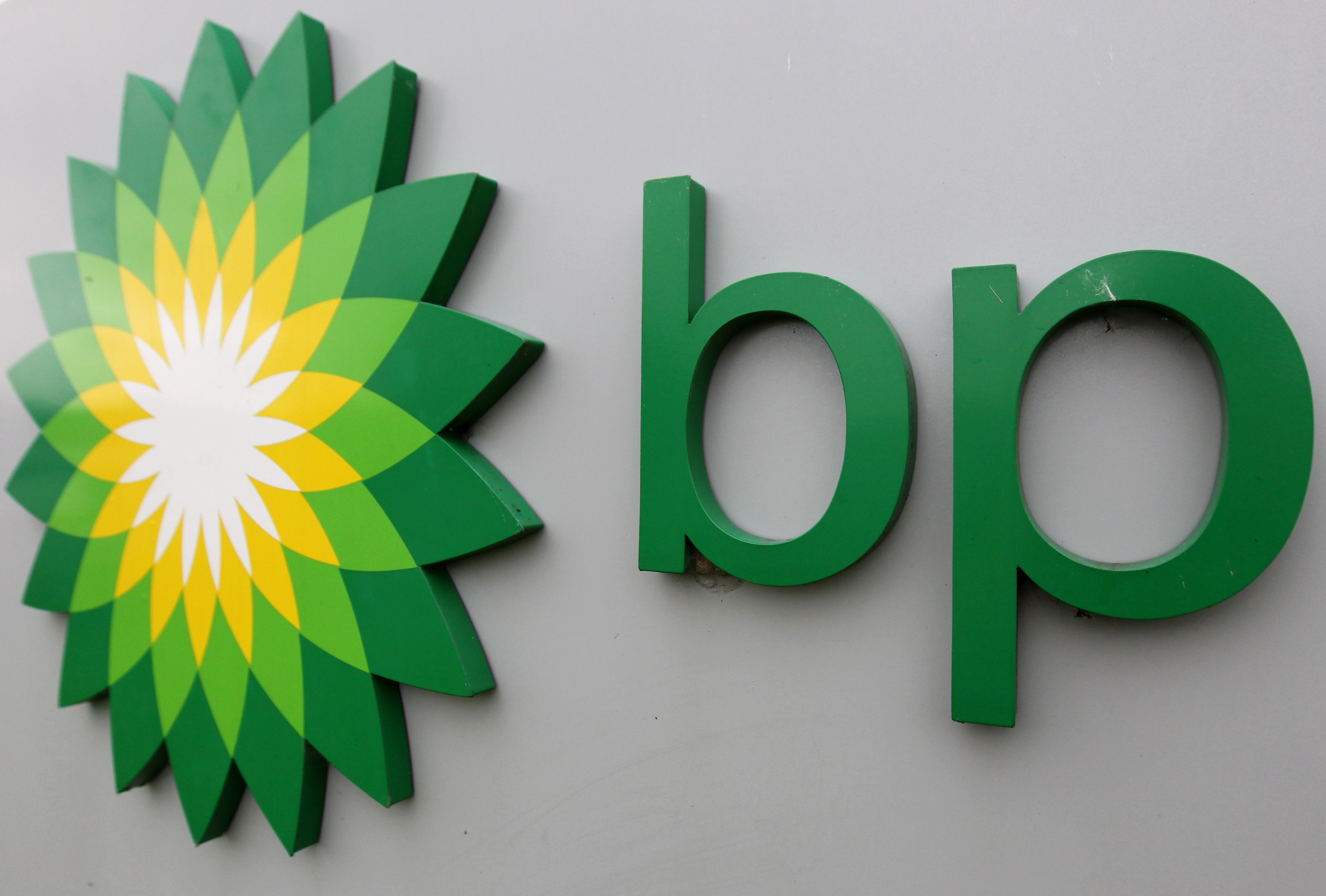BP underlying profits soar to 10-year high of $6.2bn amid mounting calls for energy windfall tax
The oil giant posted a quarterly loss after quitting its stake in Russian producer Rosneft

Your support helps us to tell the story
From reproductive rights to climate change to Big Tech, The Independent is on the ground when the story is developing. Whether it's investigating the financials of Elon Musk's pro-Trump PAC or producing our latest documentary, 'The A Word', which shines a light on the American women fighting for reproductive rights, we know how important it is to parse out the facts from the messaging.
At such a critical moment in US history, we need reporters on the ground. Your donation allows us to keep sending journalists to speak to both sides of the story.
The Independent is trusted by Americans across the entire political spectrum. And unlike many other quality news outlets, we choose not to lock Americans out of our reporting and analysis with paywalls. We believe quality journalism should be available to everyone, paid for by those who can afford it.
Your support makes all the difference.BP has recorded its highest underlying profits for more than a decade after oil and gas prices soared.
The oil giant doubled its underlying replacement cost profits from $2.6billion (£2.1billion) a year ago to $6.2billion (£5billion), beating analyst’s expectations.
Analysts had expected BP to report first-quarter profit of $4.5billion, according to Refinitiv.
The record underlying profits come despite BP posting a quarterly loss after taking a mammoth £25.5 billion (£20.4 billion) hit following its move to quit Russia.
The group plunged to a $23 billion (£18.4 billion) replacement cost loss for the first three months of the year after booking a hefty impairment charge for its decision to ditch its near-20% stake in oil producer Rosneft, which it co-owned with the Kremlin, in response to the Ukraine war.
The oil giant unveiled plans to invest up to £18 billion into the UK energy system by 2030 amid mounting government pressure to help with the cost-of-living crisis and growing calls for a windfall tax on oil and gas firms.
On Tuesday, International trade secretary Anne-Marie Trevelyan said that BP’s profits will help the company transition towards clean energy.
She told BBC Breakfast that she did not support a windfall tax on energy companies because: “The reality is if we strip away their profits, we will not be able to do what is the most important thing, [which] is to invest in those clean energies of the future which will also enable us to come away from our reliance on foreign energy.”
Business Secretary Kwasi Kwarteng last week wrote to the oil and gas industry saying it must also set out plans for investment in clean energy during a meeting in the coming weeks.
But Labour is backing calls for a windfall tax on the companies to provide more direct help for cash-strapped households and businesses.
Shadow climate secretary Ed Miliband responded to the news of BP’s soaring profits, saying: “Yet again, as energy bills rocket, we see oil and gas companies making billions in profits.
“But the government shamefully refused to act with a windfall tax. The Tories have run out of excuses.”
Chancellor Rishi Sunak has appeared to distance himself from such a tax, instead looking to companies making big profits to invest the cash back into the UK.
In a move to address this, BP pledged alongside its quarterly results to invest in North Sea oil and gas, while driving down operational emissions, and said it is also working on a range of lower carbon energy projects in the UK, which are set to create jobs and develop new skills.
It also further boosted returns to investors on the back of its underlying profit haul, announcing another $2.5 billion (£2 billion) in share buybacks.
Chief executive Bernard Looney said: “In a quarter dominated by the tragic events in Ukraine and volatility in energy markets, BP’s focus has been on supplying the reliable energy our customers need.
“Our decision in February to exit our shareholding in Rosneft resulted in the material non-cash charges and headline loss we reported today.
“But it has not changed our strategy, our financial frame or our expectations for shareholder distributions.”


